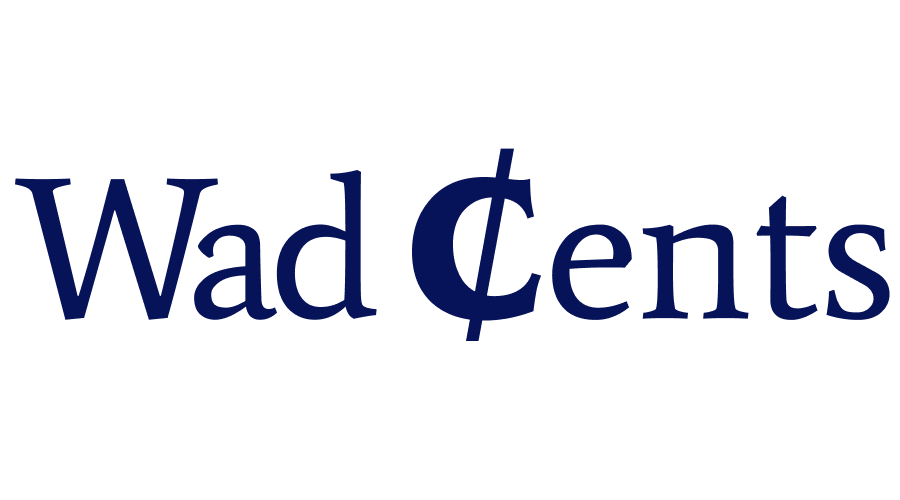A 401(k) retirement plan is available to private-sector employees to help them save for retirement. If you have a 401(k) plan with your employer, you can contribute a portion of your paycheck to your retirement plan.
One of the benefits that 401(k) participants get is the ability to borrow against their retirement savings. However, if you no longer work for the company, your ability to borrow from your retirement plan changes.
Borrowing from an old 401(k)
If you are no longer working for the company sponsoring your 401(k) plan, you won’t be allowed to borrow from your 401(k), except if the plan specifically allows it.
Most 401(k) plans do not allow former employees to take out 401(k) loans against their retirement savings after they leave their job. Also, if a former employee has an outstanding loan, they will be required to pay off the remaining loan amount within a short time after leaving the company.
Generally, when an employee leaves employment, they will no longer receive a paycheck from their former employer, and this means they become a credit risk. Employees make loan payments via payroll deduction, but after the employer-employee relationship ends, there is no way for the employer to deduct loan payments.
Alternative methods of accessing your 401(k) money
Once you leave employment, you won’t be able to tap into your 401(k) retirement savings to borrow money. However, you may have several ways of accessing your retirement savings.
Roll over to new employer’s 401(k) and take a loan
If you changed jobs, and your new employer offers a 401(k) plan, you can check if the new employer’s retirement plan accepts rollovers from old jobs. If the plan allows rollovers, you can request a direct rollover into the new employer’s 401(k) plan. You can then borrow from your new 401(k) plan.
Roll over to an IRA
If you don’t have an IRA retirement plan, you can open a new IRA account with a brokerage. Unlike a 401(k) plan, an IRA is not employer-sponsored, hence it is not tied to an employer. You can rollover the old 401(k) plan into an IRA, and request a withdrawal to pay the expenses you have.
IRAs have more exemptions, and you can withdraw up to $10,000 for a first-time home purchase, or any amount required to pay other expenses such as qualified medical expenses and college education costs. If you have a qualified expense and you are below age 59 ½, you will be eligible for the 10% early withdrawal penalty exemption, but you will still be required to pay regular income taxes on the withdrawal.
Take a penalty-free withdrawal at age 55
If you are at least age 55 when you leave your job, you may be eligible for a penalty-free withdrawal from your 401(k) account. Usually, 401(k) plans allow penalty-free distributions starting from age 59 ½, but there is an exemption known as the age 55 rule for 401(k). This rule allows 401(k) participants to take distributions from 401(k) without paying an early withdrawal penalty.

60-day rollover period
If you need money for short-term use, you can take advantage of the 60-day rollover period. You can request an indirect rollover from the 401(k), where the funds are sent directly to you via check, for onward deposit to a qualified retirement plan.
You will be required to deposit the funds within 60 days, hence giving you a penalty and interest-free window to use the money. However, you must deposit the money within 60 days to avoid triggering a taxable distribution.
What to do with 401(k) after you leave a job
Once you leave your job, you may have several options with your money. Here are things you can do with your 401(k) money:
Leave 401(k) behind
If you don’t need the 401(k) money immediately, you can choose to leave the money behind in your former employer’s plan. The former employer will continue managing the plan and the money will continue growing until you decide what to do with the money.
You must have at least a $5,000 balance in your 401(k) to be allowed to leave the money behind. If the 401(k) balance is below this amount, the 401(k) plan administrator may force a cash-out or rollover the money to an IRA of the former employer’s choosing.
Roll 401(k) into new employer’s 401(k)
If you’ve changed jobs, and the new employer offers a 401(k), you should find out if you are eligible to participate in the plan and roll over an old 401(k). Some employers may require new employees to complete a certain number of days of work before they are eligible to participate in the plan.
Once you become eligible to participate in the 401(k) plan, you can request a direct transfer to the new employer’s 401(k) plan. If you want to get your hands on the money, you can request an indirect rollover, and the 401(k) plan will disburse the funds in the form of a check. Once you receive the mailed check, you must deposit the funds into the new employer’s 401(k) plan within 60 days.
Rollover to an IRA
If your employer does not offer a 401(k) plan, or if you are not seeking a new job, you can choose to roll over the old 401(k) into an IRA. If you don’t have an IRA, you can open a new account with a financial institution of your choice such as an online brokerage. An IRA has a wider pool of investment options, and you can use your retirement money to create a well-diversified portfolio.
Take distributions
If you are retiring, you can choose to start taking distributions from your 401(k). After age 59 ½, you can start taking penalty-free distributions from the 401(k) plan. You will still be required to pay income tax on the distributions at your ordinary income tax rate.

If you leave your job before 55 or switch jobs before 59 ½, you can still take distributions from your 401(k) plan. However, you will be required to pay a 10% early withdrawal penalty on the withdrawal, in addition to income taxes.
Can a Company Take Away Your 401(k) After You Quit?
Your former employer cannot withhold any contributions and gains earned in your 401(k) account. These funds belong to you, the contributor, and you can take them with you when you quit for whatever reason, or switch jobs. However, if you received a match, the unvested portion of your plan contributions remains with your employer, unless you completed the required vesting period.


